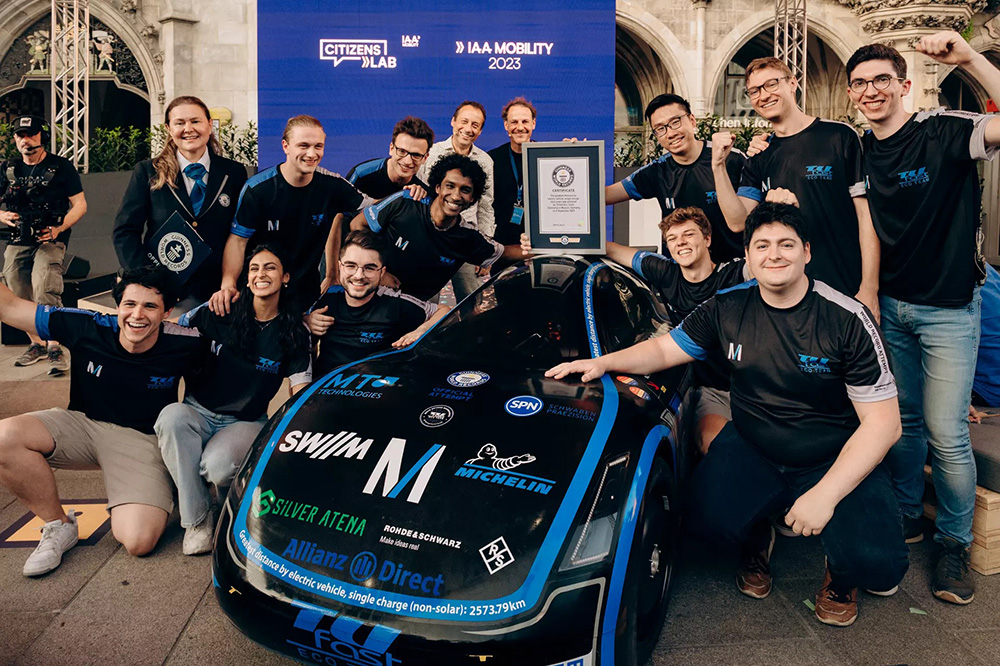
How far can an EV possibly drive on a single charge? That’s not only a question many potential buyers ask themselves, but also one that a group of students from the Technical University of Munich (TUM) decided to answer.
And that answer is a lot further than you’d think: 2,573.79km was the figure officially recorded at the end of the exercise, which is a pretty impressive achievement. The experiment was designed to demonstrate that EVs can not only go as far as petrol or diesel cars on one full ‘tank’, but indeed much further. It took a lot of hard work and effort to pull it off, though.
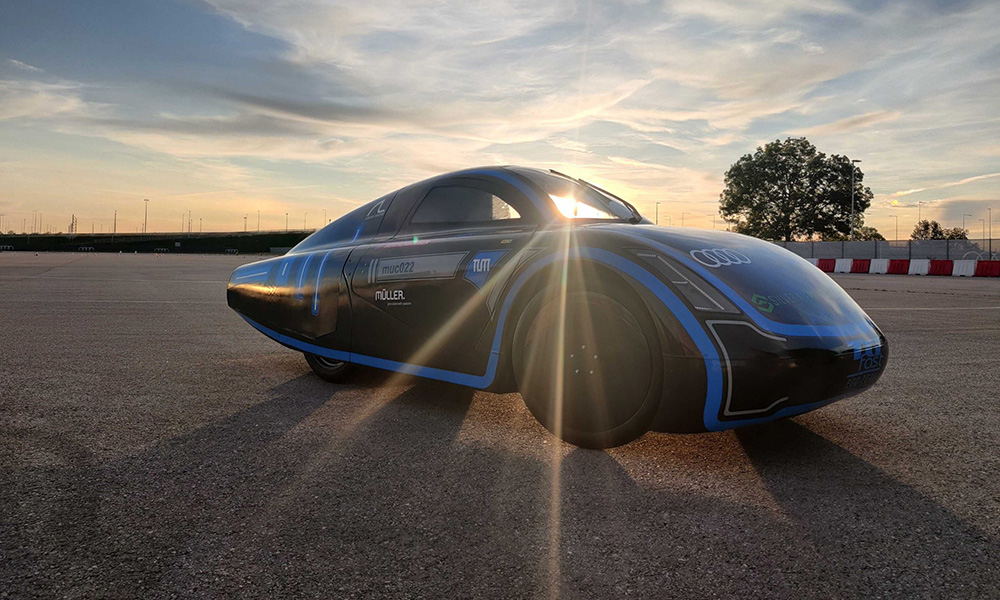
The TUfast Eco team went to great lengths and created a high-tech vehicle for their record attempt called the muc022. It took the team over 18 months to develop, design and test the machine that weighs a mere 170kg without the driver.
The carbon-fiber monocoque contributes just 18.6kg to the total weight of this machine, and was designed to be light and aerodynamic, booking in with a drag coefficient of just 0.159. Just as a comparison: The ultra slippy Mercedes EQXX has a value of 0.17, meaning the student racer presents even less aerodynamic resistance to the elements while on the road.
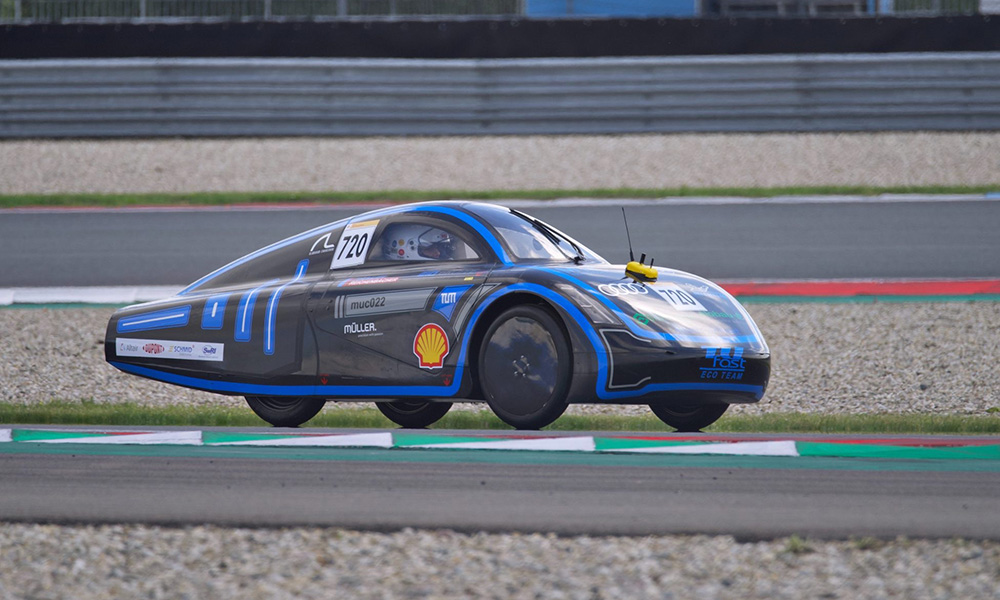
In case you’re now thinking that this machine isn’t really a proper car, a look under the skin shows a suspension setup with MacPherson struts in the front, and double wishbone in the rear, combined with elastomer springs on all corners to keep the weight down.
Steering is done via ultralight cables and a dual circuit. A four-disc hydraulic brake system is onboard to slow things down when needed. Not that it needs much stopping power, mind you. The top speed is a rather quaint 42km/h. By the way, the whole vehicle stands 3,400mm long, 1,200mm wide, and a mere 1,000mm low.
For the record attempt, a battery with an output rating of just 15.5kWh was installed that sends its juice to one permanent-magnet synchronous motor with a power output of a mere 400W. If you want to get really technical, the electric drivetrain also features a gallium nitride frequency inverter and an MTPA current regulator.
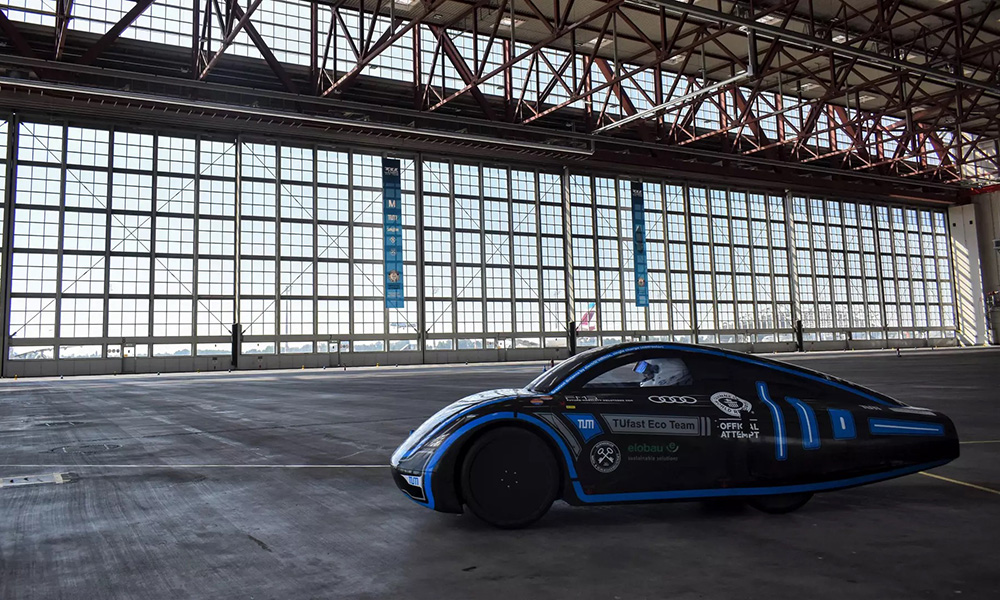
The record drive didn’t take place on the autobahn or any other public road. Instead, the Munich airport provided the students with an empty airplane hangar to drive around in. That way, the team could operate in a controlled environment without being subject to changing weather conditions.
The crew didn’t just beat the existing record, it downright annihilated it. After four days, the car had already (albeit slowly) blasted past the current record in the “Greatest Distance by Electric Vehicle, Single Charge (non-solar)” category, which stood at 1,608.54km. With plenty of juice left in the tank, it just kept on going, and after a total of 99 hours, it finally stopped with the odometer showing a stunning 2,573.79km.
That’s almost the same distance driving from Batangas to Pagudpud and back again—twice! Granted, the speed was slow and the conditions controlled, but it shows just what is possible with current technology. And since new developments are taking place all the time, the best is certainly yet to come. Range anxiety? Forget about it.






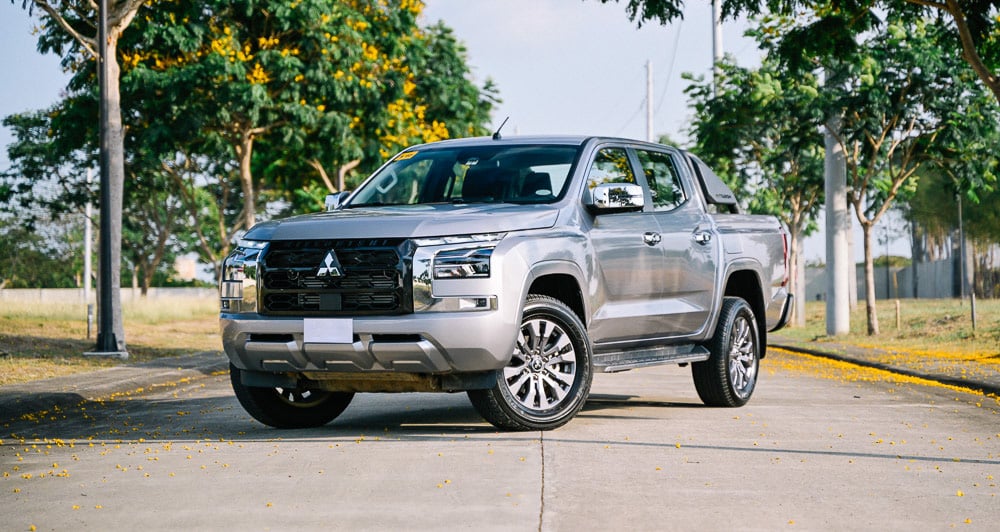
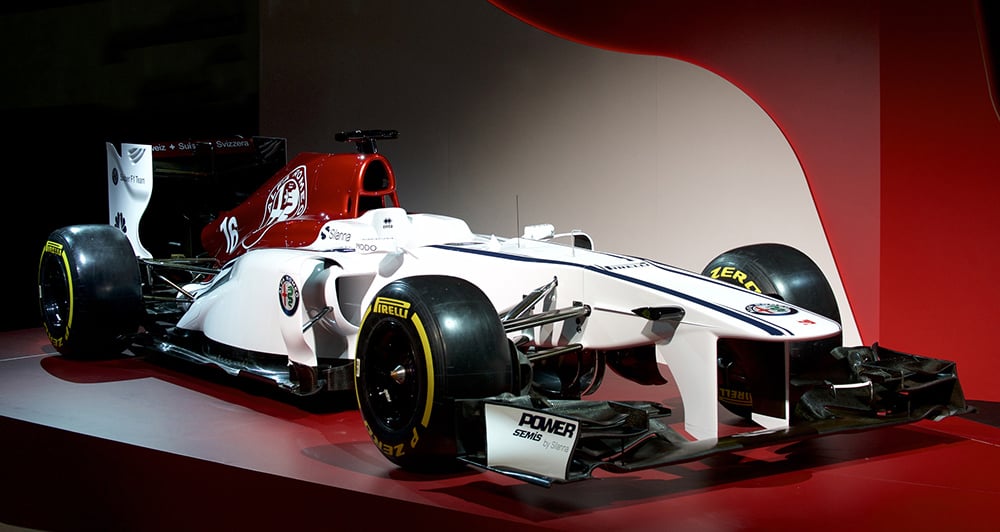



Comments